
SUSTAINABLE DEVELOPMENT GOALS
The 2030 Agenda for Sustainable Development, adopted by all United Nations Member States in 2015, provides a shared blueprint for peace and prosperity for people and the planet, now and into the future. At its heart are the 17 Sustainable Development Goals (SDGs), which are an urgent call for action by all countries - developed and developing - in a global partnership. They recognize that ending poverty and other deprivations must go hand-in-hand with strategies that improve health and education, reduce inequality, and spur economic growth – all while tackling climate change and working to preserve our oceans and forests.
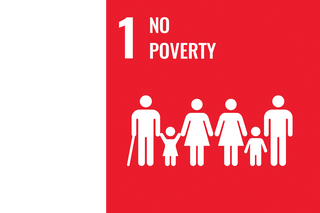
Our business is structured around six principles which shape everything we do as a business.
One of these principles, is that we commit to returning year-on-year to the same farms and farming communities to source our fruit.
This provides a sustainable source of regular income for our growers, contributing towards their financial security.
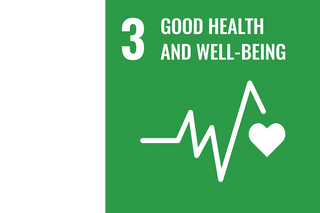
Our Farm not Factory principle commits that we never over process our natural ingredients. They are simply squeezed or distilled soon after they're picked, and we don't add any artificial ingredients such as flavours, colours, sweeteners and preservatives, nor any GMO ingredients. All of which offers a healthier alternative, and ensures that none fall under the NOVA classification of Ultra Processed Foods.
We have an established CSR policy supporting local charities covering care for the young and elderly, mental health, the environment and community arts.
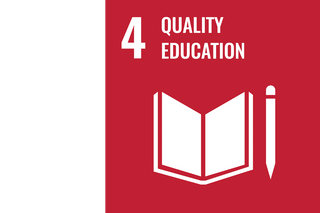
We support our staff’s broader education by funding annual visits to locations of historical and education interest. We believe that knowledge of the past helps people understand the present.
We develop our staff's skill sets internally rather than outsourcing to third parties.
We inform and educate our customers on the history and provenance of the varieties of fruit and botanicals that we use, so they have a better understanding of the natural world we live in and the food chain that sustains us.
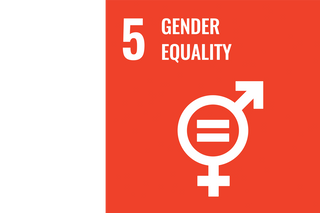
Our workforce is balanced between female and male employees, both as a whole and in the senior leadership team. We ensure everyone within the company has a voice regardless of gender, and we do not make any decisions based on gender, or discriminate against anyone.

We, together with all our suppliers ensure that each individual supply chain is free from modern slavery or child labour.
We work as a team on a collaborative basis on many key decisions made in the business, and ensure that staff are always invested in the growth of the business. All of our staff own shares in the company.
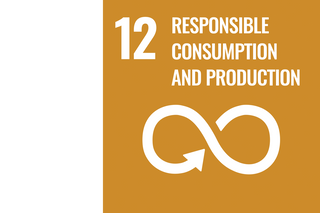
Avoiding Food Waste - We avoid food waste by picking apples for juicing that would not otherwise have been picked for the shops, and so left on the trees to drop and rot. Since 2019 we have picked and saved some 6.5 million heritage Russet apples (643 tonnes), that would have gone to waste.
This also has an environmental benefit, as the UK Committee on Climate Change calculates that an average of 1.6 tonnes of Greenhouse Gases are emitted into the atmosphere for every 1 tonne of food waste.
Responsible Production - Almost all of our fruit comes from farms that are accredited under the Global G.A.P., Farm Sustainability Assessment and Red Tractor accreditations.
Minimising Food Miles - We source as many of our fruits as possible from British Farmers and our neighbours in Europe, which represents 89% of our ingredients.
Responsible Packaging - All of our product packaging is recyclable. All of our plastic packaging is made from 30% recycled plastic. All of our packaging is fully recyclable.
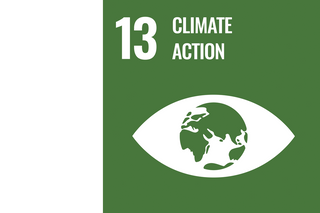
We neutralise our carbon impact on the climate by achieving independently certified Carbon Neutrality, and we minimise our emissions through smarter/ lower carbon logistics, wherever possible. .
Our food waste management in point 12 above, contributes further to the minimisation of greenhouse gases from food production.
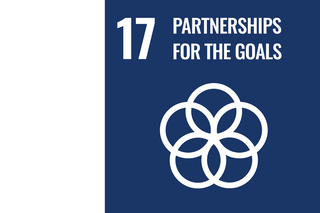
We work with our suppliers to understand the impact they have on the climate from making our raw materials, and encourage them to find ways to reduce their emissions and operate in as sustainable manner as possible.
We follow at all times the Base Code of the UK based Ethical Trading Initiative
The use of the SDG Logo, including the colour wheel, and icons by an entity does not imply the endorsement of the United Nations of such entity, its products or services, or of its planned activities. Find out more at https://www.un.org/sustainabledevelopment ©Folkington’s 2024
